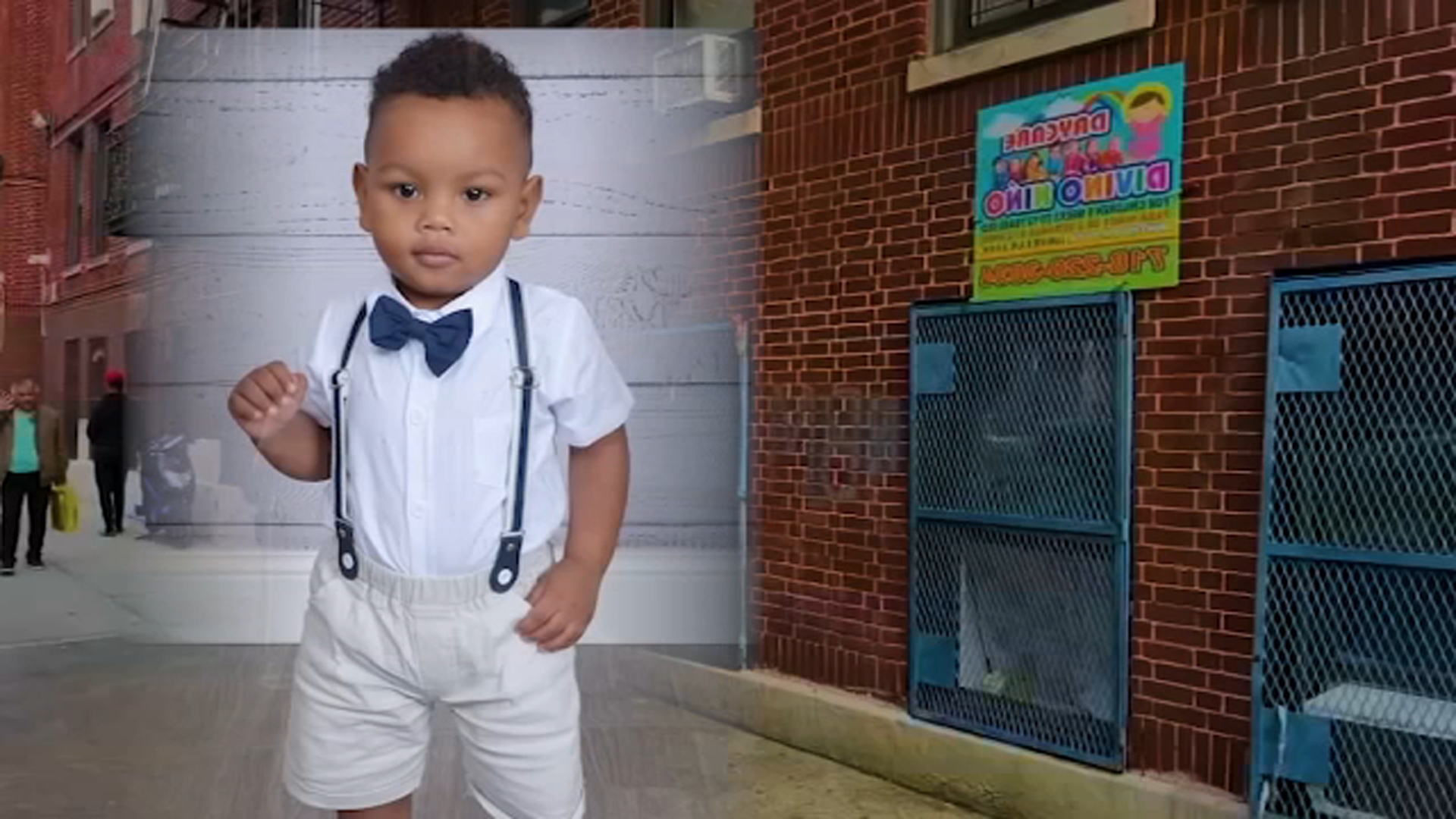'Really trying to hold on': North Carolina child care centers struggle to stay open amid COVID-19 pandemic


More than 900 child care centers across North Carolina have closed since the COVD-19 pandemic and dozens more are struggling to stay open.
"I know through at least the end of the year I will be ok but I can't say that for some of my friends and other centers I work with," said Cassandra Brooks, owner of Little Believer's Academy.
Brooks operates two centers; one in Wake County and one in Johnston County.
Dozens of facilities have closed throughout both counties since March, according to the latest data from the North Carolina Division of Child Development and Early Education.
Statewide, the data shows 17% of child care facilities have closed with some counties reporting more than a third of their centers have shut the door.
For the 4,755 centers still operating, many question how long they can last.
"We need more federal dollars like yesterday. The state has tapped out on all of that from a child care perspective. We just need them to be able to send some more federal dollars down so we can help teachers and children," Brooks said.
Child care providers in North Carolina received around $115 million over the last few months. Some additional bonus payments and operational grants are expected to be handed out this month but then experts said the money is out.
Many centers, including, Brooks' are operating with an extreme decrease in enrollment.
"You can't operate a business with lower reduced income, reduced children, your same payroll, your same mortgage and rent, but you're still making exceptionally, sometimes 50-60%, less than you were with increased costs. It just doesn't add up, it can't. People can't go on that long," Brooks said.
Brooks explained each time a positive case is identified inside her centers, she closes them for up to two weeks and each time fewer kids return.
"More families have decided to keep kids home because of cases, because it really makes people afraid when they have cases right within their child's facility," Brooks said.
So far, Brooks has had to close four times but she said the origins of all the cases have been traced outside of her centers.
Her center in Clayton now reporting a 70% reduction in students.
Michele Rivest, the policy director with the NC Early Education Coalition, said across the state many facilities are reporting a 50% reduction in attendance.
"That's a critical problem because that's how child care programs make their budgets work. It's mostly a private pay," Rivest said.
North Carolina was paying facilities for these empty seats but that funding stopped earlier this fall.
"When it hit October, I think that was the eye opener. All the center owners and directors were like, 'Oh my gosh, how am I going to make this? How am I going to make payroll? How am I even going to pay my bills?'" Brooks said. "I think that was the eye opener when they saw you were cut off and it was less than a 30-day notice."
Child care costs an average of $800 per child in North Carolina, according to Child Care Aware of America. If a center served 100 children before the pandemic but is now seeing 50% fewer children, the facility would face a monthly loss of $40,000.
"It's a huge financial loss and these are programs that have reserves or have the ability to take out loans now, they are operating on a shoe string," Rivest said. "I know there is great hesitancy to even think about how do you maintain a small business that really can't operate like this so it's really time for us to think about child care like we think about public schools."
Rivest explained these centers were struggling before the pandemic and restructuring will be needed to save the industry in the future.
"We know when there is not an adequate supply of child care, families are really trying to make due with impossible situations," she said.
A report from the NC Justice Center in April found more than half of the children in around 40 North Carolina counties lacked access to child care meaning they lived in child care deserts.
Children in Polk County had the hardest access to care, now all five of the county's facilities are reportedly closed.
"Child care really was providing a safe haven for that child's development and a lifeline for that parent's ability to work," Rivest said.
Other counties in the northwest area of the state already had limited access before the pandemic and are now reporting a higher percent of closures.
Rivest said now is the time to work with state leaders to restructure child care in the state including strengthening the child care workforce.
"The COVID crisis has accelerated our understanding and refocused on how this is really a broken model of how we do child care in our state and nationally," Rivest said.
As advocates wait for state leaders to begin these conversations, families and child care facilities continue to hope for federal funding to be approved early next year.
"That's all that we have right now is hope," Brooks said.








